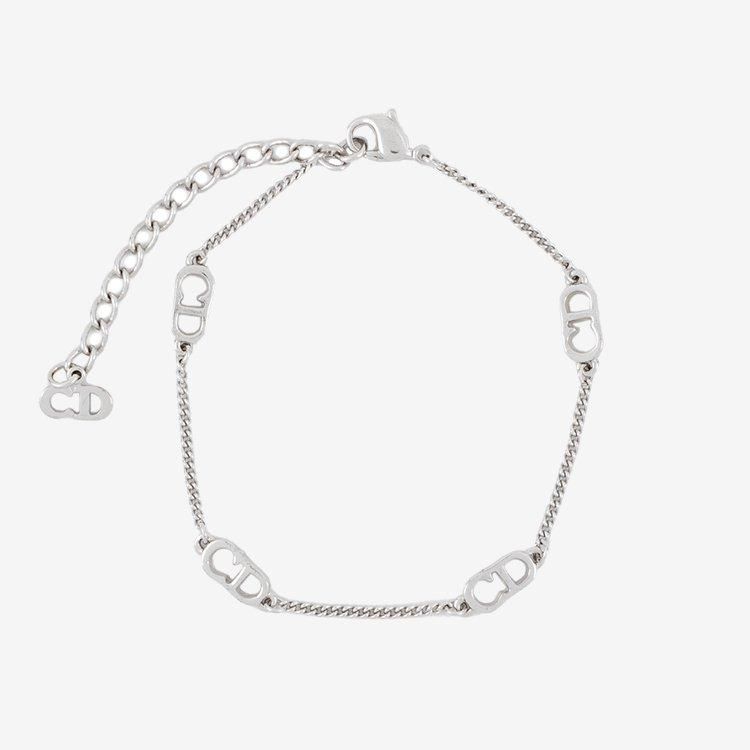Dior ブレスレット シルバー S925刻印有り ヴィンテージ ドイツ製 難有
(税込) 送料込み
商品の説明
カラー···シルバー
Dior
ブレスレット
シルバー
S925刻印有り
リボン
ヴィンテージ
ドイツ製
GERMANY刻印有り
Chr.Dior刻印有り
難あり
サイズ 長さ 20cm
重さ 19.78g
ご覧頂きましてありがとうございます。
必ずプロフをご確認ください。
留金部分が折れています。
ブレスレット本体は、多少の金属の劣化はあります。
ゴールドとシルバーのコンビでゴージャスです。
リボンが可愛いです。
留金部分を修理できればまだまだご使用出来るかと思います。
長期保管の中古品、難あり品ですのでご理解の上ご検討宜しくお願い致します。商品の情報
| カテゴリー | レディース > アクセサリー > ブレスレット |
|---|---|
| ブランド | クリスチャンディオール |
| 商品の状態 | 傷や汚れあり |

幻級】ドイツ製 90s 刻印 Dior ブレスレット ゴールド ヴィンテージ

幻級】ドイツ製 90s 刻印 Dior ブレスレット ゴールド ヴィンテージ

幻級】ドイツ製 90s 刻印 Dior ブレスレット ゴールド ヴィンテージ

幻級】ドイツ製 90s 刻印 Dior ブレスレット ゴールド ヴィンテージ

幻級】ドイツ製 90s 刻印 Dior ブレスレット ゴールド ヴィンテージ

希少ドイツ製】90s 刻印 Dior ブレスレット ゴールド ヴィンテージ

Dior ブレスレット アルファベット ヴィンテージ 刻印|PayPayフリマ

【GERMANY製】Christian Dior クリスチャン ディオール ブレスレット ゴールド CD ロゴ 刻印あり ヴィンテージ 希少

希少ドイツ製】90s 刻印 Dior ブレスレット ゴールド ヴィンテージ

★美品★Christian Dior クリスチャン・ディオール ブレスレット ヴィンテージ ゴールド ロゴ 刻印 CD 保存袋

★美品★Christian Dior クリスチャン・ディオール ブレスレット ヴィンテージ ゴールド ロゴ 刻印 CD 保存袋

希少ドイツ製】90s 刻印 Dior ブレスレット ゴールド ヴィンテージ

希少ドイツ製】90s 刻印 Dior ブレスレット ゴールド ヴィンテージ

2023年最新】ヤフオク! -ヴィンテージディオール(ブレスレット

ディオール(Christian Dior) 金(シルバー/銀色系)の通販 57点

希少ドイツ製】90s 刻印 Dior ブレスレット ゴールド ヴィンテージ

CDロゴチェーンブレスレット シルバー ヴィンテージ|ディオール Dior

クリスチャンディオール:”Dior“スクリプトロゴブレスレット/4.73g/21cm

楽天市場】【送料無料】 クリスチャン ディオール ブレスレット

ドイツ ヴィンテージ ART DECO/アールデコ シルバー835ブレスレット

ディオール(Christian Dior) 金(シルバー/銀色系)の通販 57点

ディオール(Christian Dior) 金(シルバー/銀色系)の通販 57点

★美品★Christian Dior クリスチャン・ディオール ブレスレット ヴィンテージ ゴールド ロゴ 刻印 CD 保存袋

ディオール(Christian Dior) スター(シルバー/銀色系)の通販 86点

GERMANY製】Christian Dior クリスチャン ディオール ブレスレット

ディオール(Christian Dior) スター(シルバー/銀色系)の通販 86点

クリスチャンディオール:”Dior“スクリプトロゴブレスレット/4.73g/21cm

【GERMANY製】Christian Dior クリスチャン ディオール ブレスレット ゴールド CD ロゴ 刻印あり ヴィンテージ 希少

CDロゴチェーンブレスレット シルバー ヴィンテージ|ディオール Dior

2023年最新】ヤフオク! -ヴィンテージディオール(ブレスレット

ディオール(Christian Dior) 金(シルバー/銀色系)の通販 57点

クリスチャンディオール:”Dior“スクリプトロゴブレスレット/4.73g/21cm

幻級】ドイツ製 90s 刻印 Dior ブレスレット ゴールド ヴィンテージ

【GERMANY製】Christian Dior クリスチャン ディオール ブレスレット ゴールド CD ロゴ 刻印あり ヴィンテージ 希少

ディオール(Christian Dior) スター(シルバー/銀色系)の通販 86点

クリスチャンディオール:”Dior“スクリプトロゴブレスレット/4.73g/21cm

GERMANY製】Christian Dior クリスチャン ディオール ブレスレット

楽天市場】【送料無料】 クリスチャン ディオール ブレスレット

クリスチャンディオール:”Dior“スクリプトロゴブレスレット/4.73g/21cm

C.Dior ロゴチャームブレスレット(シルバー) | Vintage Shop










商品の情報
メルカリ安心への取り組み
お金は事務局に支払われ、評価後に振り込まれます
出品者
スピード発送
この出品者は平均24時間以内に発送しています














